Fr Charles Duster
(15 September 1934 - 7 March 2017)
Father Charlie was born on 15 September 1934 in Cedar Rapids, Iowa, USA,
where his parents Charles Henry Duster ['DOOster'] and Cleo Catherine Handley Duster owned
and operated a supermarket. He has an older brother William C. Duster (Audrey)
of Littleton, Colorado, a sister Mrs Robert Enns (Katie) of Fort Pierce, Florida, and
eleven nieces and nephews and their families. His older sister, Margaret Jeanne
Duster, died in 1972.
Cedar Rapids, on the Cedar River [Wikipedia]
Fr. Charlie attended Immaculate Conception Grade and High School
in Cedar Rapids, Iowa, (1952). After high school he attended Regis University,
Denver, Colorado (1952-53) and Marquette University, Milwaukee, Wisconsin (1953-1954).
After briefly considering medical school he instead decided to
enter the seminary to become a Columban missionary priest in 1955. He studied at St Columban’s Seminary, Milton, Massachusetts. As an exchange student, he studied theology at St Columban’s, Dalgan Park, Navan, Ireland (1958 – ’61). He did his fourth year of theology at St Columban's, Milton, where he was ordained a priest of the Missionary Society of St Columban on 21 December 1961. He celebrated
his first Solemn High Mass at Immaculate Conception Church in Cedar Rapids on 31 December.
Immaculate Conception Church, Cedar Rapids [Parish website]
In 1962 Father Charlie was assigned to Japan
where he spent the next six years. The first two of these were spent studying
Japanese language in Tokyo, the third one as Acting Regional Bursar, and the
last three years as Associate Pastor at Shingu Catholic Church, Wakayama
Prefecture, in the Diocese of Osaka.
In Japan
In July 1967 Father Charlie visited the Philippines, accompanied
by a Columban confrere. After spending some days with Columban colleagues on
the island of Negros, they narrowly missed their flight from Bacolod City to Cebu on 6 July because the plane departed a few minutes ahead of schedule, due to
severe weather conditions. The next morning they learned that the plane, a Fokker F27 Friendship, had
crashed into a mountain and all 17 passengers and four crew members perished. Father Charlie wrote about this in A Close Shave in the May-June 2016 issue of MISYONonline.com.
From 1969 – 1972, Father Charlie was the Columban Vocation
Director for the Midwest Region of the USA based in Omaha. Afterwards, he
continued a similar ministry while residing at the Columban house in Chicago.
He then served a year in the Archdiocese of St Paul and Minneapolis as chaplain at Hennepin
County General Hospital in Minneapolis accompanied by studies in Clinical
Pastoral Education.
With the late Archbishop Petero Mataca of Suva
In November 1974, Father Charlie was assigned to Fiji, Archdiocese of Suva. After initial language studies, he was
appointed as Associate Pastor in Holy Family Parish, Nabala, Macuata, and a
year later as Pastor of Immaculate Conception Parish in Solevu, Bua, where he served
for six years.
Following home leave in 1980 he did renewal studies at Notre Dame University. On his return to Fiji he became the Regional Vice-Director. He returned to the USA to undergo by-pass surgery in Houston, Texas, in 1982. Upon returning to Fiji later that year, Father Charlie was appointed Vicar General of the Archdiocese of Suva, and served in this position for four years.
Following home leave in 1980 he did renewal studies at Notre Dame University. On his return to Fiji he became the Regional Vice-Director. He returned to the USA to undergo by-pass surgery in Houston, Texas, in 1982. Upon returning to Fiji later that year, Father Charlie was appointed Vicar General of the Archdiocese of Suva, and served in this position for four years.
Offices of the Archdiocese of Suva [Wikipedia]
In September 1986, he was appointed Rector of Collegio San
Colombano in Rome where he was Superior of the sixteen-member community. During
his eight years in Rome, he also earned a licentiate and doctorate in Canon Law
at the Angelicum University, where he graduated Summa Cum Laude. Before being
reassigned to the Fijian Region, he worked for six months in the Marriage Tribunal
in the Archdiocese of Dubuque, Iowa, in order to gain experience in matrimonial law.
Father Charlie returned to Fiji in November 1994 and served for
six years as the Coordinator of the Columban Lay Mission Program, while
teaching Canon Law at the Pacific Regional Seminary. In
December 1998 he returned to the USA to undergo by-pass surgery for the second
time, but returned to Fiji seven months later to continue his ministry to
Columban Lay Missionaries. In December, 2003 he was appointed Associate Pastor at Holy
Family Parish, Labasa, where he served until returning to the USA in September
2005. This was prompted by the recommendation of his doctors that he
should reside in a place where he could receive monitored medical attention,
which was unavailable in Fiji.
With old friends in Fiji
He was assigned to the Columban Magnolia house in Chicago where
he worked on Mission Promotion and Vocations (2005 – 2011) and served as house
Superior (2008 -2011). In 2011 he began work at the Omaha office in Planned
Giving and Development, and later combined this ministry with Superior of the
Omaha community (2012 – 2016).
Father Charlie’s warm and outgoing personality, many talents, and
deep commitment to his vocation as a Columban missionary priest, drew many
people to God in the various places where he ministered. Wherever he was sent,
his ability to recognize and celebrate all that was good in the world around
him made him a truly joyful messenger of the Good News.
There is one thing I ask of the Lord,
for this I long,
to live in the house
of the Lord,
all the
days of my life,
to savour the sweetness of the Lord,
to behold his temple (Psalm 27:4).
Some Personal Memories
With Fijian Columban Lay Missionary Serafina Vuda in Peru
Serafina died unexpectedly on 31 May 2014
I met Father Charlie at long intervals over the years. My abiding memory of him is that he was a joyful person, as the photos of him above indicate. I visited Rome for the first time in April 1988. My first full day there happened to be my birthday and he insisted on taking those of us in the house at the time to a restaurant to celebrate the occasion.
In 2007, if my memory serves me right, he gave a retreat to Columban priests in the Philippines at St Scholastica's Center of Spirituality in Tagaytay City, south of Manila and much cooler than the latter because of its elevation. The retreat was truly a fraternal one, exemplifying what the psalmist wrote:
How good and how pleasant it is,
when brothers live in unity (Psalm 133[132]:1).
My first time to meet him was in St Columban's, Dalgan Park, Ireland, during Easter Week 1961 when I went there to be interviewed and to have a medical examination before entering the seminary the following September. I went back to Dublin, where I lived, with a group of the seminarians going to the city for the afternoon. I remember him singing a parody on a popular song from 1911, I Want A Girl (Just Like The Girl That Married Dear Old Dad). I never heard Father Charlie's version again until today when I found it on YouTube.
In
my Father’s house are many rooms; if it were not so, would I have told you that
I go to prepare a place for you? And when I go and prepare a place for you, I will come again
and will take you to myself, that where I am you may be also (John 14:2-3).
May Fr Charles
Duster enter the place prepared for him by Jesus and may he add to the joy of
the saints in heaven.











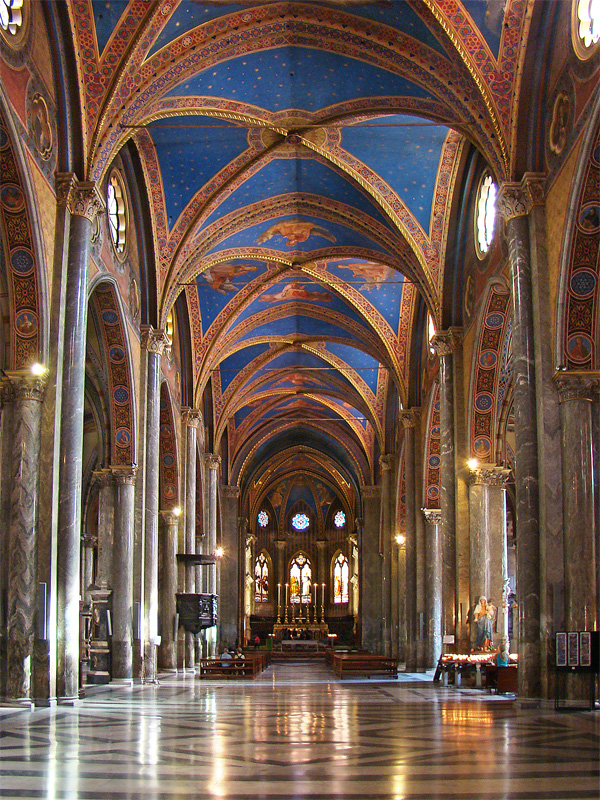


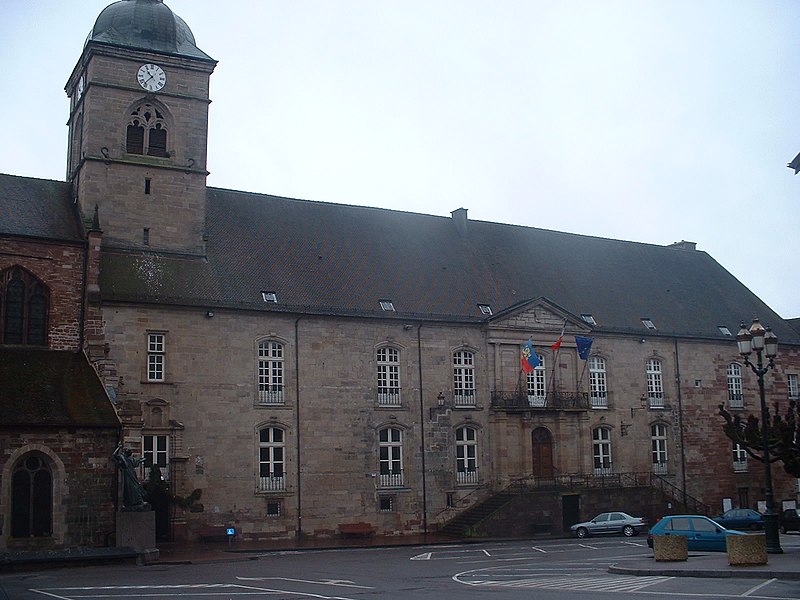
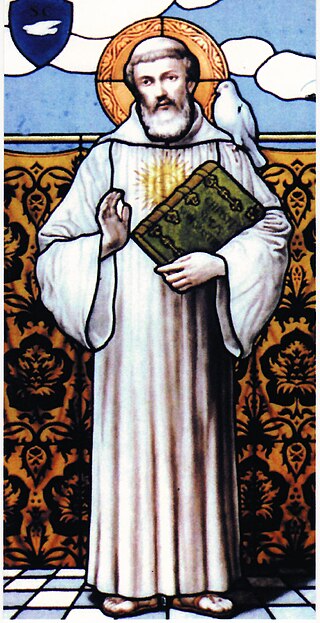


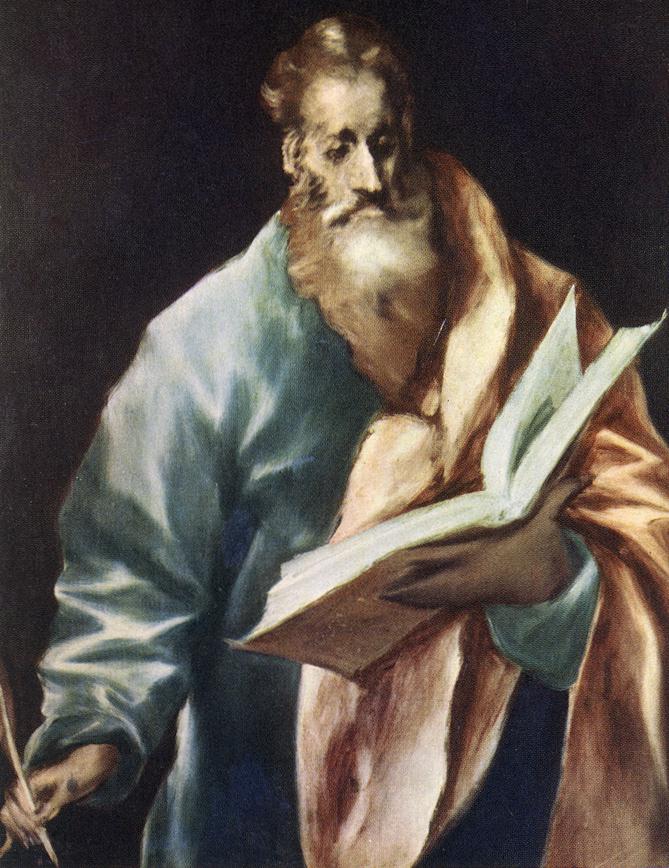
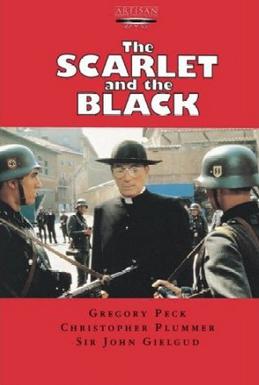


 So, whatcha' doing when you get there?"
So, whatcha' doing when you get there?"


